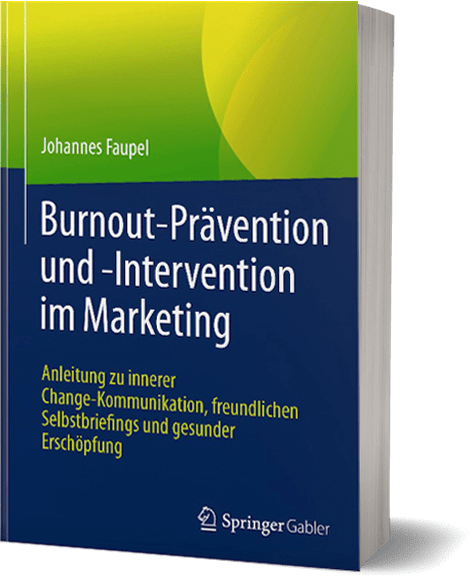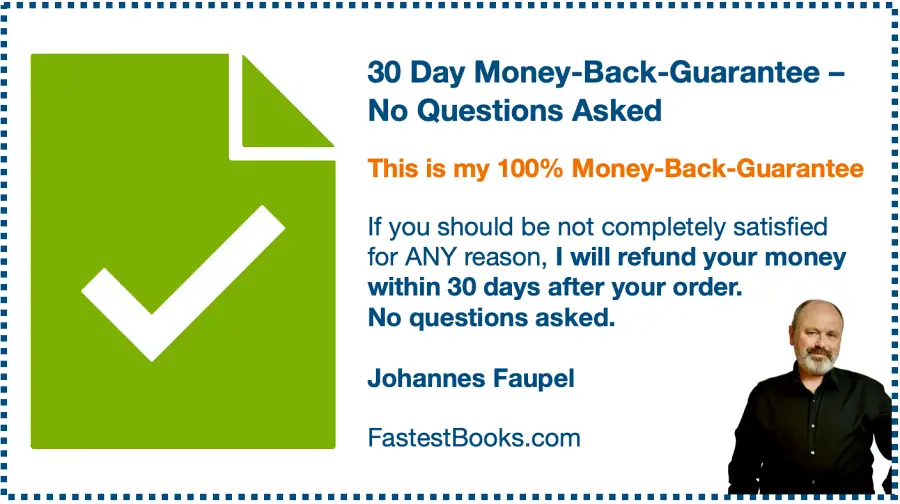Books on Empty Nest Syndrome
Books focused on Empty Nest Syndrome serve as essential guides for parents maneuvering through this emotional shift. These materials highlight the psychological changes, offering tools for reinventing personal and social identities through new hobbies and meaningful activities. Emphasizing a salutogenic approach, these books provide strategies for strengthening emotional resilience and marital bonds, while encouraging engagement in physical activities and community involvement to foster well-being. They also equip readers with coping mechanisms to manage feelings of loss and loneliness, transforming challenges into opportunities for personal growth. Exploring these guides could offer insights that greatly enhance one’s coping strategies in this new life stage.
Key Takeaways
– Books about Empty Nest Syndrome offer guidance on coping with feelings of loss when children leave home.
– These books provide strategies for rediscovering personal and social identities during transitions.
– They explore how to strengthen marital relationships and improve emotional well-being.
– Literature often includes personal growth tips through hobbies, volunteering, and physical activities.
– Some books focus on managing loneliness and fostering resilience through new life stages.
Understanding Empty Nest Syndrome
Empty Nest Syndrome is a psychological condition that occurs when children leave home, causing feelings of sadness and loss in parents. This phase often prompts parents to rediscover and reinvent their personal and social identities. While initially stressful, this transition can lead to personal growth and development. Embracing this phase from a salutogenic perspective allows parents to focus on the positive aspects of their evolving roles. Engaging in new hobbies, building new social connections, and pursuing previously unexplored aspirations can significantly reduce the stress associated with this syndrome.
Emotional Impact on Parents
The emotional repercussions for parents experiencing Empty Nest Syndrome can vary widely, often requiring them to develop new coping strategies to manage feelings of loss and sadness.
This transformative phase can trigger profound changes in parental self-identity and daily routines, leading to stress and emotional turbulence. Understanding this shift as a normal, manageable part of life can help parents adapt more healthily.
Focusing on stressors, parents can identify specific aspects of their new situation that are most challenging and address these directly. Developing resilience through active emotional management, such as acknowledging and expressing feelings rather than suppressing them, enables parents to navigate this period more effectively, maintaining emotional equilibrium and preventing feelings of overwhelming loss from taking root.
Strategies for Personal Growth
As parents move into the empty nest phase, focusing on personal development can be a constructive method to manage emotional stress. Engaging in new hobbies and setting achievable personal goals can foster a sense of accomplishment and self-worth.
Additionally, exploring self-identity beyond parental roles offers an opportunity to rediscover and redefine oneself, enhancing overall well-being.
Embracing New Hobbies
Exploring new hobbies can greatly enhance personal resilience and provide fresh avenues for growth during the shift to an empty nest. Engaging in new activities not only helps to manage the stress associated with change but also fosters a sense of self-discovery and emotional renewal.
Here are four beneficial hobbies worth exploring:
1. Gardening: Cultivating a garden promotes mindfulness and a connection with nature, reducing feelings of loneliness.
2. Photography: Capturing moments can help redirect focus and enhance appreciation of the surrounding world.
3. Cooking: Exploring culinary arts can be therapeutic and offers tangible rewards.
4. Volunteering: Giving back to the community provides a sense of purpose and helps establish new social connections.
Setting Personal Goals
Setting clear and achievable personal goals is essential for navigating the emotional shift of empty nest syndrome, fostering a sense of purpose and direction. This proactive approach helps individuals manage stress by focusing on their growth and capabilities rather than the void left by children moving out. Personal goals can range from career advancements to physical health improvements, each contributing to a stronger sense of self-worth and resilience.
Exploring Self-Identity
Understanding and redefining one’s self-identity plays a significant role in personal growth, especially during the shift caused by empty nest syndrome. As parents shift to a quieter home, focusing

“The World’s Fastest Stop-Burnout-Book” by Johannes Faupel
Begin Now With Helping Yourself: Free Reading Sample About Burnout Here (PDF)
Download the free reading sample to immediately see the opportunities available to change your current situation. Here at FastestBooks.com, you will find additional publications that address conflicts, ADHD, and depression. Our goal is to provide instant help to everyone in need through self-help ebooks for under $10.



